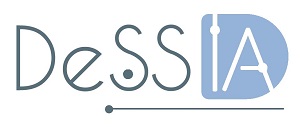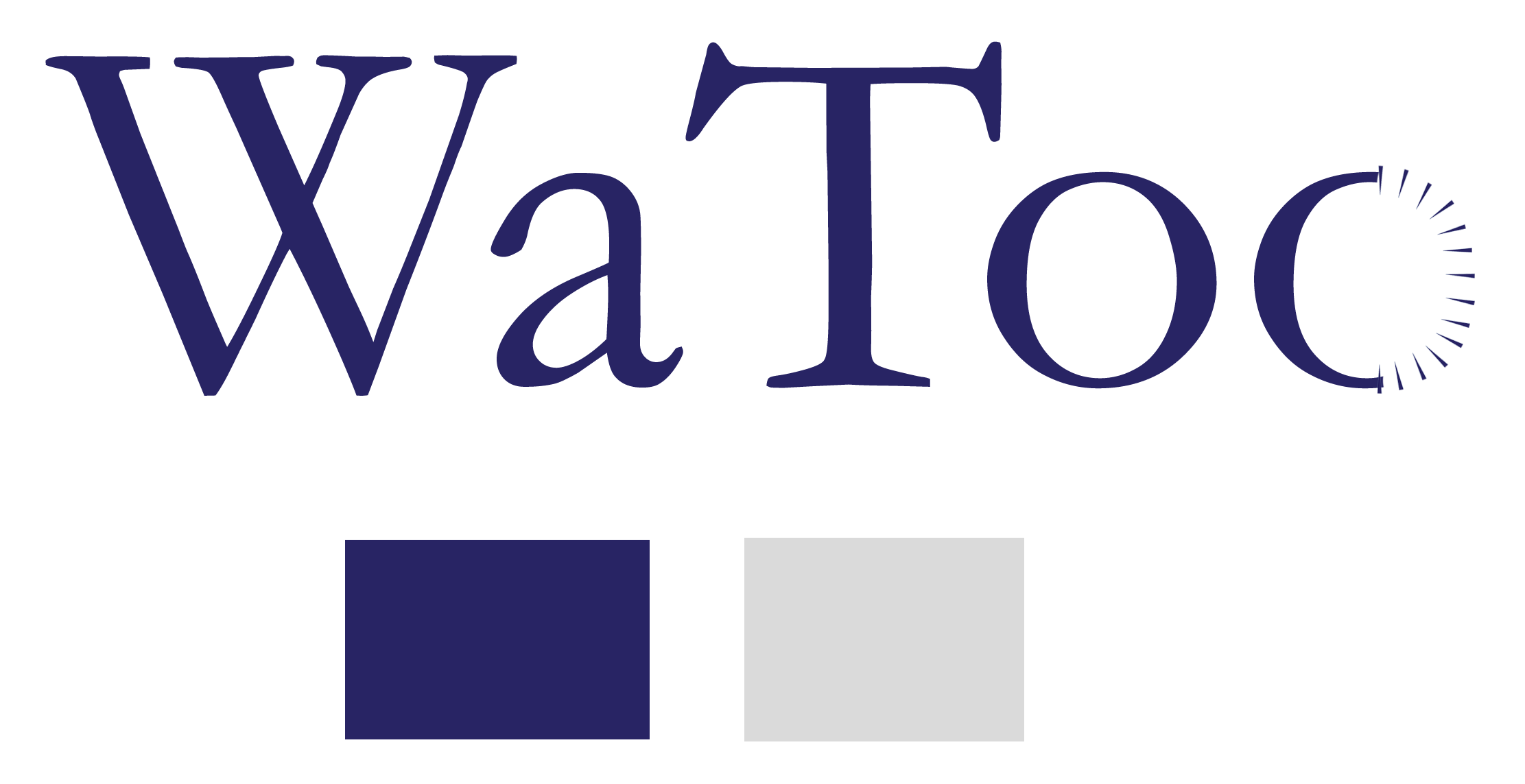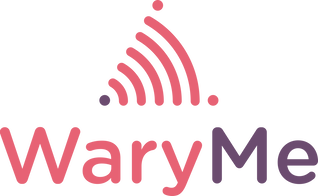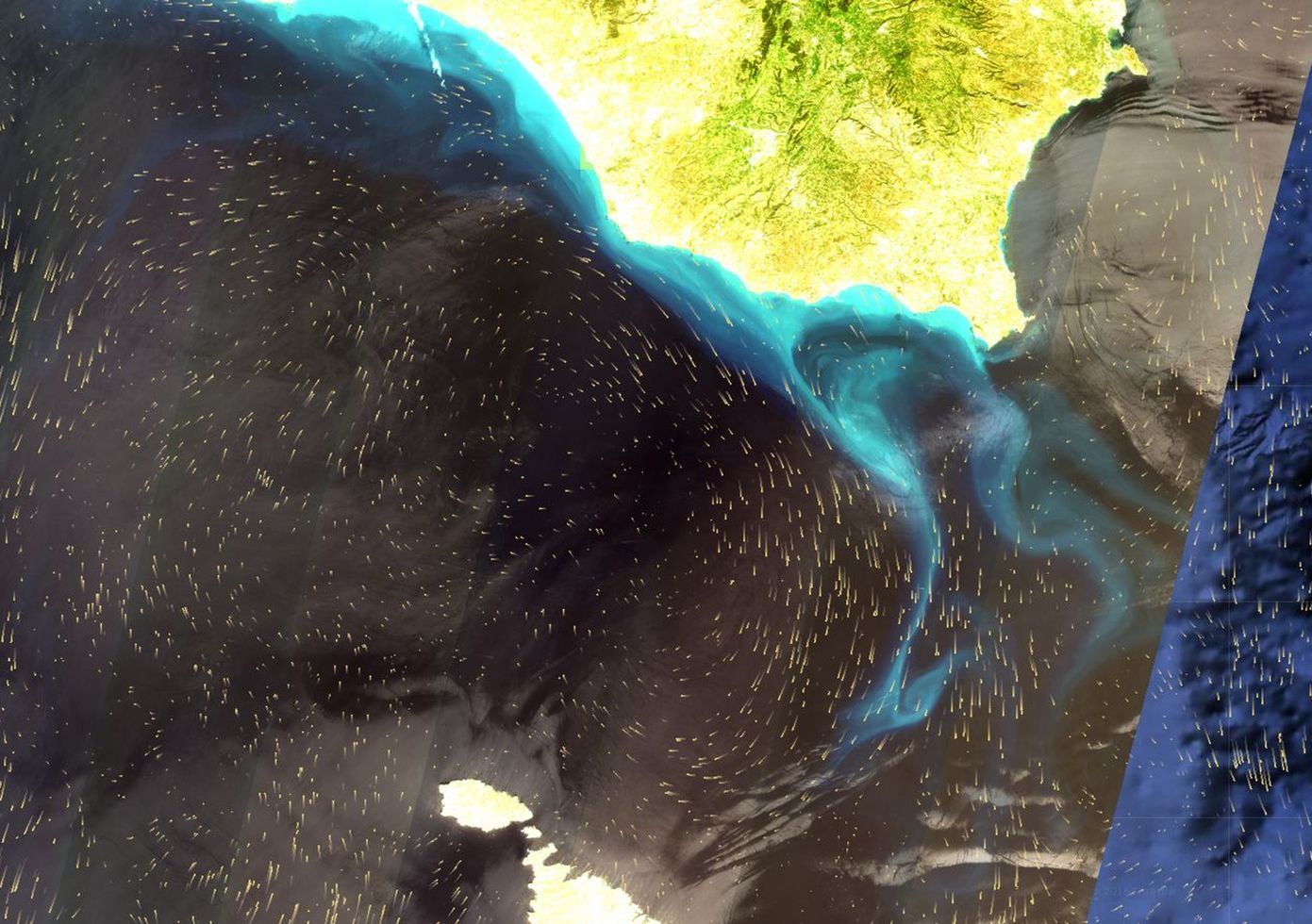The VivaTechnology trade show offers three days to discover the most promising startups in the tech sector. For IMT, this is the perfect opportunity for highlighting its comprehensive support and entrepreneurship services and presenting 23 startups from its schools’ incubators. These startups come from sectors including mobility, smart cities, AI, fashion, media and cybersecurity. Mark your calendars for May 24 and 26, 2018 and head to Porte de Versailles (Stand B38) to discover all these innovations and more.
[one_half][box type=”shadow” align=”” class=”” width=””]
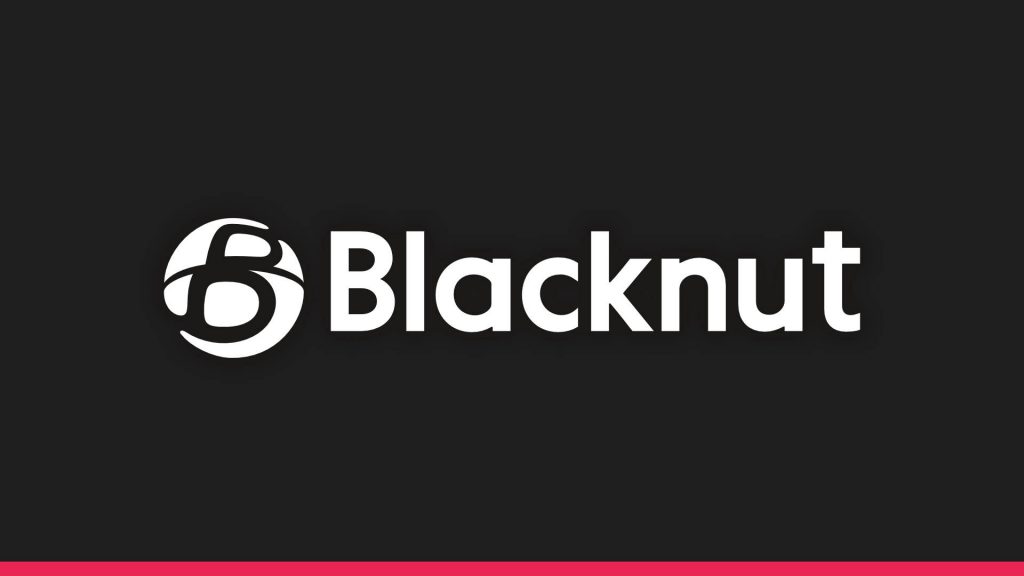
Blacknut offers unlimited access to an extensive catalogue of video games on your computer and TV through a monthly subscription.
[/box][/one_half]
[one_half_last][box type=”shadow” align=”” class=”” width=””]

Logpickr develops the Logpickr Process Intelligence v2.5 software which provides you with all the information you need about your processes simply by using your operational data. Logpickr technology, which combines process mining and artificial intelligence algorithms, is accessible to everyone.
[/box][/one_half_last]
[one_half][box type=”shadow” align=”” class=”” width=””]

Shopopop is an online platform connecting individuals for grocery deliveries. Order your groceries online from a partner brand and a private individual will deliver your groceries to your home.
[/box][/one_half]
[one_half_last][box type=”shadow” align=”” class=”” width=””]

Car Expresso is an online platform that simplifies the purchase of used vehicles for individuals.
[/box][/one_half_last]
[one_half][box type=”shadow” align=”” class=”” width=””]

Pledg allows you to reserve several seats on a commercial website, while only paying your own. Your friends are notified via email and can directly pay for their spots.
[/box][/one_half]
[one_half_last][box type=”shadow” align=”” class=”” width=””]

Real Speaker is high-speed speech-to-text multilingual translator. A deep learning solution allows it to automatically translate audio, video, and content from a microphone or camera.
[/box][/one_half_last]
[one_half][box type=”shadow” align=”” class=”” width=””]
Drone ForFuture is working to develop new autonomous drone systems for civil applications, particularly decision-making assistance systems for crisis management.
[/box][/one_half]
[one_half_last][box type=”shadow” align=”” class=”” width=””]
Marianka is a company that specializes in interactive surfaces developed using innovative materials that can transform any type of surface into a switch.
[/box][/one_half_last]
[one_half][box type=”shadow” align=”” class=”” width=””]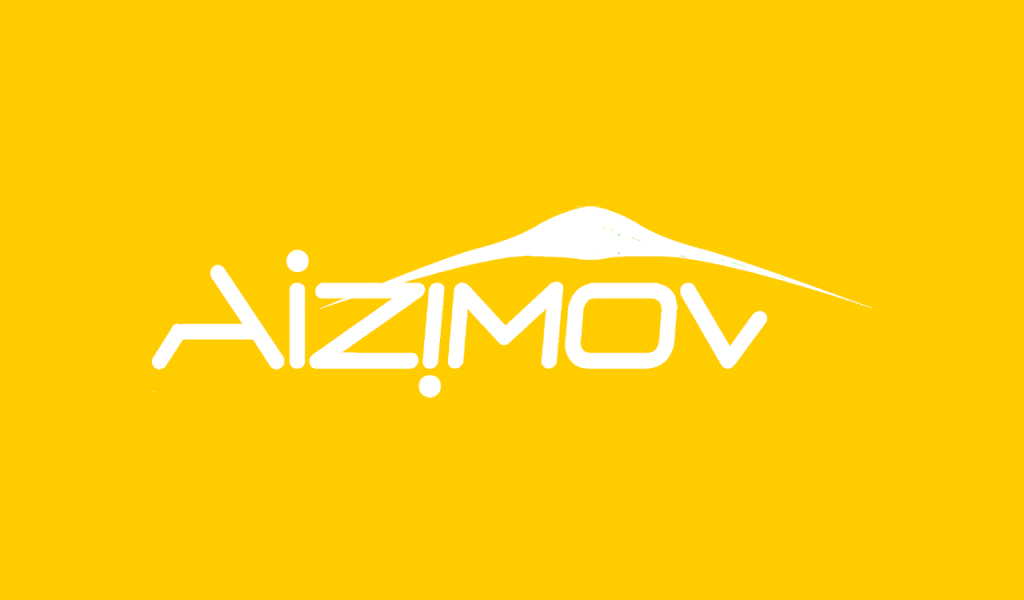
AiZimov develops artificial intelligence for sales representatives that can select relevant profiles online and write a personalized email based on the situation and individual.
[/box][/one_half]
[one_half_last][box type=”shadow” align=”” class=”” width=””]
 ICEboard is a web and mobile application that brings together stakeholders, managers and decision-makers into a virtual and smart crisis room.
ICEboard is a web and mobile application that brings together stakeholders, managers and decision-makers into a virtual and smart crisis room.
[/box][/one_half_last]
[one_half][box type=”shadow” align=”” class=”” width=””]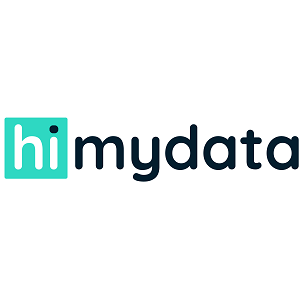 The Himydata platform offers a new integration approach for companies that promotes creativity and accelerates innovation. Do more with your data, securely connect applications and objects by adding your business rules using a simple, modular process.
The Himydata platform offers a new integration approach for companies that promotes creativity and accelerates innovation. Do more with your data, securely connect applications and objects by adding your business rules using a simple, modular process.
[/box][/one_half]
[one_half_last][box type=”shadow” align=”” class=”” width=””]
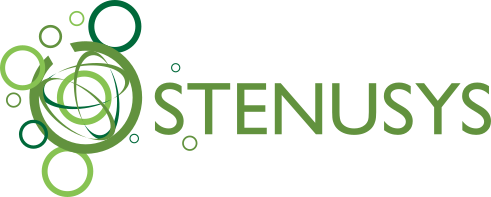 In the technology industry, the way you manufacture your software can make a difference. Stenusys provides software publishers with collaborative tools and advice. Their first product, Scrumboard, provides your team with all the features Scrum has to offer, while providing improved traceability and predictability.
In the technology industry, the way you manufacture your software can make a difference. Stenusys provides software publishers with collaborative tools and advice. Their first product, Scrumboard, provides your team with all the features Scrum has to offer, while providing improved traceability and predictability.
[/box][/one_half_last]
[one_half][box type=”shadow” align=”” class=”” width=””]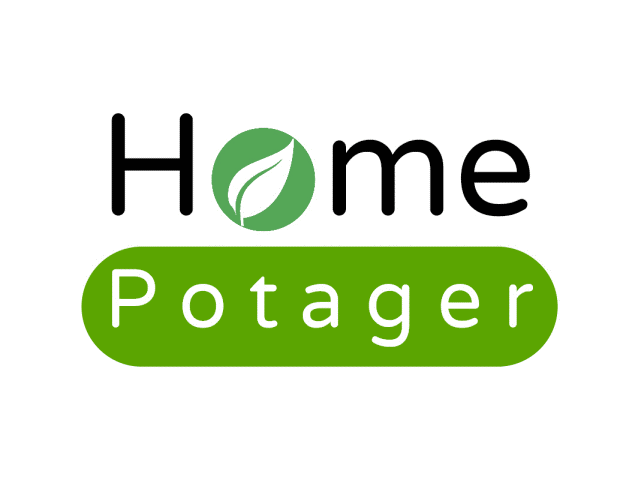 HomePotager designs connected vegetable garden kits to simplify urban gardening through all-in-one kits offering an easy and fun experience that is accessible for everyone.
HomePotager designs connected vegetable garden kits to simplify urban gardening through all-in-one kits offering an easy and fun experience that is accessible for everyone.
[/box][/one_half]
[one_half_last][box type=”shadow” align=”” class=”” width=””]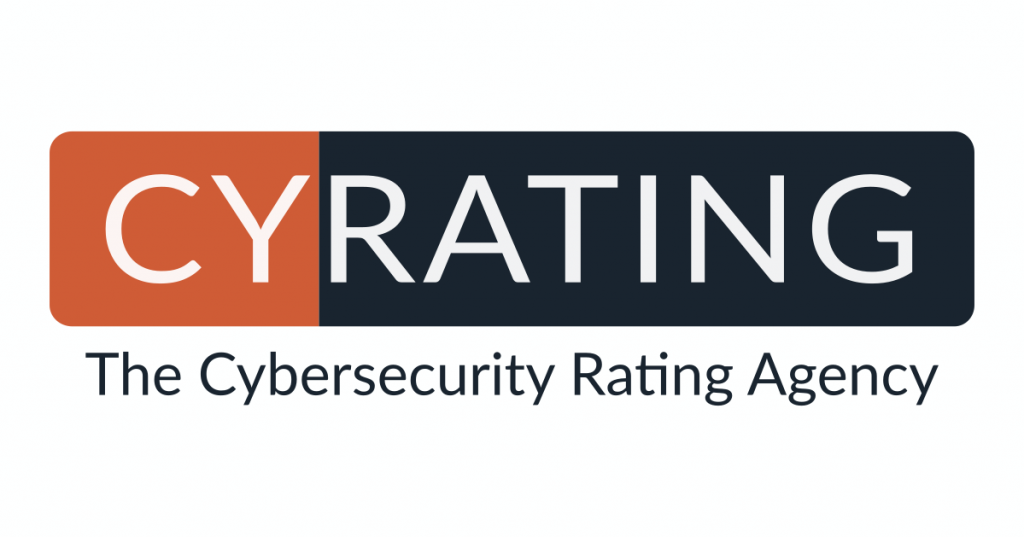 Cyrating Cyrating offers a service that analyzes and rates the performance of companies in the area of cybersecurity. It allows them to position themselves in relation to competitors and target their weak points to improve their services. Find out more
Cyrating Cyrating offers a service that analyzes and rates the performance of companies in the area of cybersecurity. It allows them to position themselves in relation to competitors and target their weak points to improve their services. Find out more
[/box]
[/one_half_last]
[one_half][box type=”shadow” align=”” class=”” width=””]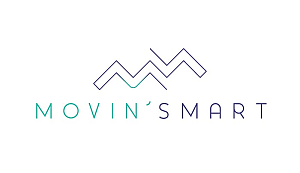 The company Milphi Technology (Movin’ Smart) develops and markets technology and services for the general public, offering solutions for tracking users’ physical, biomechanical and physiological parameters in real-time. The objective is to optimize their performance in situations involving significant spatio-temporal and energy constraints.
The company Milphi Technology (Movin’ Smart) develops and markets technology and services for the general public, offering solutions for tracking users’ physical, biomechanical and physiological parameters in real-time. The objective is to optimize their performance in situations involving significant spatio-temporal and energy constraints.
[/box][/one_half]
[one_half_last][box type=”shadow” align=”” class=”” width=””] Air Space Drone (ASD) is developing a secure solution for managing the air traffic of unmanned aerial vehicles that is applicable anywhere in the world.
Air Space Drone (ASD) is developing a secure solution for managing the air traffic of unmanned aerial vehicles that is applicable anywhere in the world.
[/box][/one_half_last]
[one_half][box type=”shadow” align=”” class=”” width=””]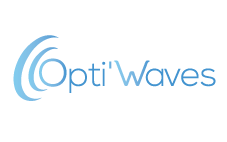 Opti’Waves develops and markets technology for the sintering ceramics using microwaves ten times faster than those currently available on the market to produce dental prostheses.
Opti’Waves develops and markets technology for the sintering ceramics using microwaves ten times faster than those currently available on the market to produce dental prostheses.
[/box][/one_half]
[one_half_last][box type=”shadow” align=”” class=”” width=””]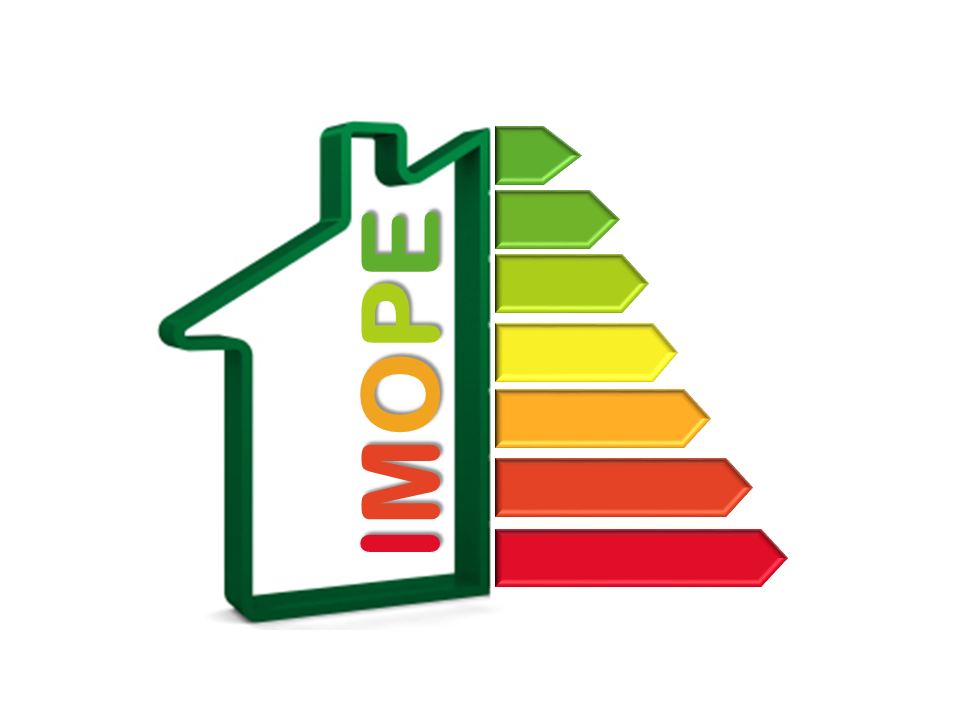 In response to the complex challenges currently facing sustainable cities, IMOPE offers a powerful tool that provides an unprecedented amount of information, from the energy map of a building to an overall view of an entire region.
In response to the complex challenges currently facing sustainable cities, IMOPE offers a powerful tool that provides an unprecedented amount of information, from the energy map of a building to an overall view of an entire region.
[/box][/one_half_last]
[one_half][box type=”shadow” align=”” class=”” width=””]
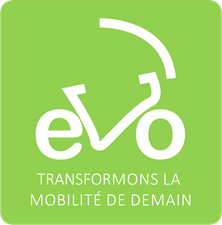
eVo Pods is a shared transport system that allows users to transform any bike into an electric vehicle that is fast, safe, fun and protected from bad weather, all in only one minute.
[/box][/one_half]
[one_half_last][box type=”shadow” align=”” class=”” width=””]

SMICES provides pragmatic and powerful solutions to problems encountered in operating rooms. Its first medical device, MEDCAM, offers constant visibility during coelioscopic surgeries.
[/box][/one_half_last]
[one_half][box type=”shadow” align=”” class=”” width=””]

Maestra offers a foldable electric scooter that allows users to travel more easily while carrying loads. Its patented system allows the user to fold the scooter through a simple movement and use it as a cart.
[/box][/one_half]
[one_half_last][box type=”shadow” align=”” class=”” width=””]

Les Companions is developing technology combining robotics and automated vision to provide flexibility, intelligence, effectiveness, and adaptivity to the building and industrial production sectors.
[/box][/one_half_last]
Startup incubated at IMT Starter (Télécom SudParis and Télécom École de Management):
[box type=”shadow” align=”” class=”” width=””]
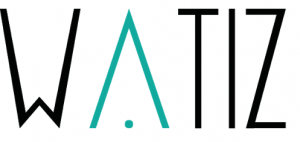
Watiz designs, develops and markets new services intended for professionals based on technology that detects and re-identifies objects in real-time in image and video streams.
[/box]





